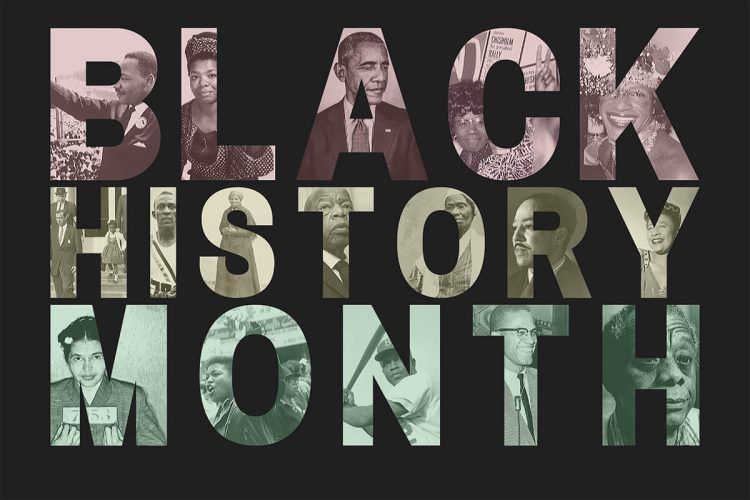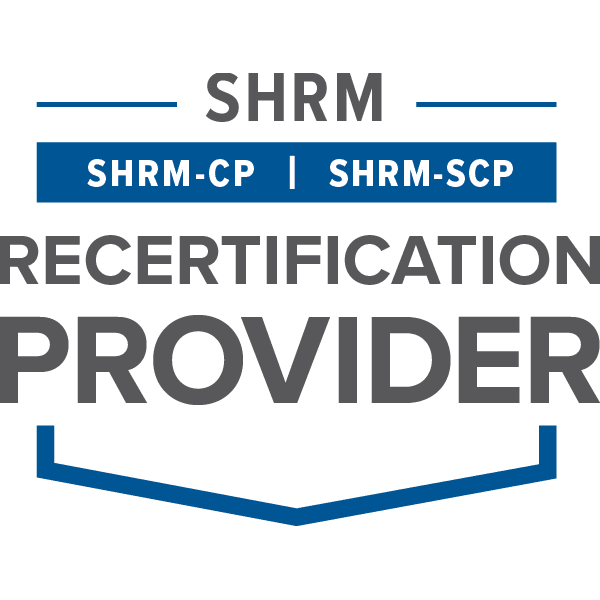Pride Yourself in Organization Inclusivity
The average American professional spends about 90,000 hours of their lives working. That’s roughly 13% of one’s entire life. With such a large amount of time devoted to work, it’s understandable to want a comfortable and safe environment to do so.
This month, we celebrate and acknowledge the history and experiences of the LGBTQA+ communities. While our country has made immense strides toward positive change for the underserved community, there are still major gaps to be filled when it comes to allyship in the workplace. Forbes Magazine estimates approximately 46% of LGBTQ employees do not openly identify in the workplace. This tells us, they do not feel it is a safe space to show up authentically, and not only can that affect their mental health and sense of belonging but will also negatively affect your organization’s rate of success.
To ask for inclusion and comfortability is not to ask for much. Below are some things that make a difference in the community’s experience.
Not Asking Your LGBTQA+ Employees to Conform to the Norms of the Workplace
Inclusion is all about authenticity. Enforcing a certain hairstyle, dress code, and other physical demands can lead to confiscation of one’s entire identity. To an extent, allowing your employees to show up authentically will give them the sense of comfort and support needed to really feel a part of the team.
Implement Policies, Procedures, and Support Groups
Addressing discrimination head on and directly gives your LGBTQ+ employees advocacy and champion. Putting the necessary procedures and programs into place ensures managers and team members have the backing to call out discrimination with an actionable outcome to build a more inclusive company.
Establish an Open-Door Environment
Every employee and team member comes with their own experiences and backgrounds. Some days may show up harder than others, and if your team carries their hardships into work with no outlet for release, it can affect the success and collaboration of your team. Setting the expectation that your team can come to you in any capacity can set a tone that this is more than a job and they are more than just employees. To know someone is supporting you more than just monetarily can create a space for authenticity to flourish and be celebrated.
Finally, the biggest way to begin is to educate yourself. Have the necessary and uncomfortable conversations. Confront any biases you carry head on and decide how you are going to make the change for the better. This month, and every month here-after, we celebrate and appreciate our LGBTQA+ communities.
For more information on inclusion tactics and workshops, visit www.reach-training.org.




